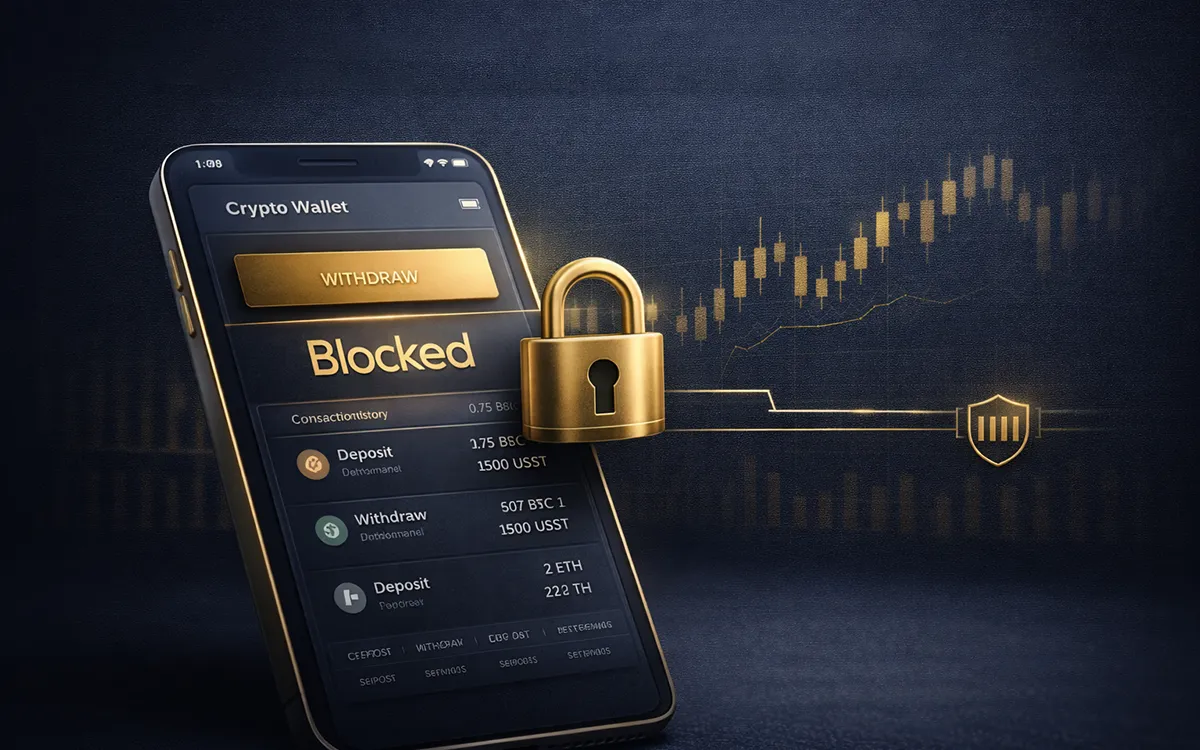
- Investments
- October 4, 2024
Table of Contents
In modern times, global inflation is not just news that you hear in the media; it's a reality that knocks at every wallet. People are naturally in a scampering rush to secure their financial futures as the cost of living goes up. Anybody would have guessed it: scammers are aware of this more than anyone else. Such inflation has, however, brought increased desperation ahead of it, which leads more investors to investment frauds and investment scams. This blog explains some of the impacts of inflation on investments, an increase in online financial scams, and some practical tips to protect your hard-earned money.
Why Inflation Makes You a Target?
- The Erosion of Real Wealth: It eats into the purchasing power of money earned through traditional investments, unable to keep up with global inflation. Investors then follow higher returns with higher risks, making them prime targets for various investment scams.
- Fear and Desperation: High inflation creates a sense of urgency and fear among investors. Scammers exploit these emotions by offering "golden opportunities" that promise to safeguard your wealth against inflation. These offers, however, are usually too good to be true.
Common Investment Scams to Watch Out For
1. Fake High-Yield investments
Scammers know you’re looking for big returns, especially during inflation. They create convincing fake platforms with professional websites and glowing testimonials to lure you in. Always double-check before investing.
2. Ponzi Schemes
These scams promise steady returns but use money from new investors to pay off earlier ones. It all falls apart when the scammer can’t recruit more victims, leaving you with nothing.
3. Phishing scams
Scammers send fake phishing emails or messages, pretending they are from some real financial institutions. You are, thereafter, duped into giving out personal details, after which they use it to steal all your money.
4. Urgency tactics
They make you feel like you must invest immediately before losing the opportunity. Remember always, nobody should be in a position to rush or hurry you. Take your time and ponder over it.
5. Fake Endorsements
Scammers often claim their investment is endorsed by celebrities or financial experts. If you can’t verify these claims, it’s probably a scam.
Red Flags: How to Spot an Investment Scam
1) Unrealistic returns
The different ways investment scammers target you is by promising sky-high returns with little to no risk; that’s a big red flag. Remember, if it sounds too good to be true, it probably is.
2) Lack of Transparency
A valid investment should be straightforward and simple to understand. If the details are vague or you're not getting straight answers, stay away.
3) Pressure to Act Quickly
Scammers often try to rush you into making a decision by saying the offer won’t last long. Don’t let anyone pressure you—take your time to think it over, especially in these times of inflation global impact on investments.
4) Unverifiable Endorsements
Sometimes scammers will claim that celebrities or financial experts endorse their offer. If you can’t verify these endorsements, it’s likely a scam.
Protecting Yourself from Investment Scams During Global Inflation
- Do Your Homework: Research any investment opportunity thoroughly. Look for review and regulatory registrations, and seek out independent advice. A few hours of research can save you from falling into a scam.
- Consult a Financial Advisor: They should address the issue for you on genuine opportunities for investment to avoid falling into scams. He/she can work with you on various investment plans that are custom-made to suit your needs and your personal circumstances.
- Stay Informed: Keep up with news on global inflation and investment scams. Aware of that, this is your front line not to be scammed.
- Deal with Reputable Platforms: Only deal with well-acclaimed, reputable platforms. In case you are not certain about the legitimacy of a platform, you would be better off steering clear.
A Final Word: Your Financial Safety Net
It has been a conducive environment because of the global inflation hike for investment scam artists. As the scammer gets one notch better, it's necessary to keep a few steps ahead. Protect your earned money by being at the top with the relevant information, digging into the research before deciding on the next step, and seeking professional advice. Then, if you feel that perhaps you are the one who has fallen victim to investment fraud then go to Global Financial Recovery. now to seek professional rescuing services. After all, your financial security cannot be weighed with any quick fix that an investment scheme may promise to do to your money.
FAQs (Frequently Asked Questions)
Global inflation creates financial stress, leading investors to seek quick, high returns. Scammers exploit this desperation with fake opportunities.
Look out for unrealistic returns, lack of transparency, pressure to act fast, and unverifiable endorsements. These are major red flags.
Research thoroughly, consult a financial advisor, and avoid any investment that pressures you to act quickly. Stick to reputable platforms.
Act quickly. Gather all information and visit Global Financial Recovery for help in recovering your assets.
Rise of Online investment scams are increasing as scammers use the internet to target desperate investors affected by global inflation.





